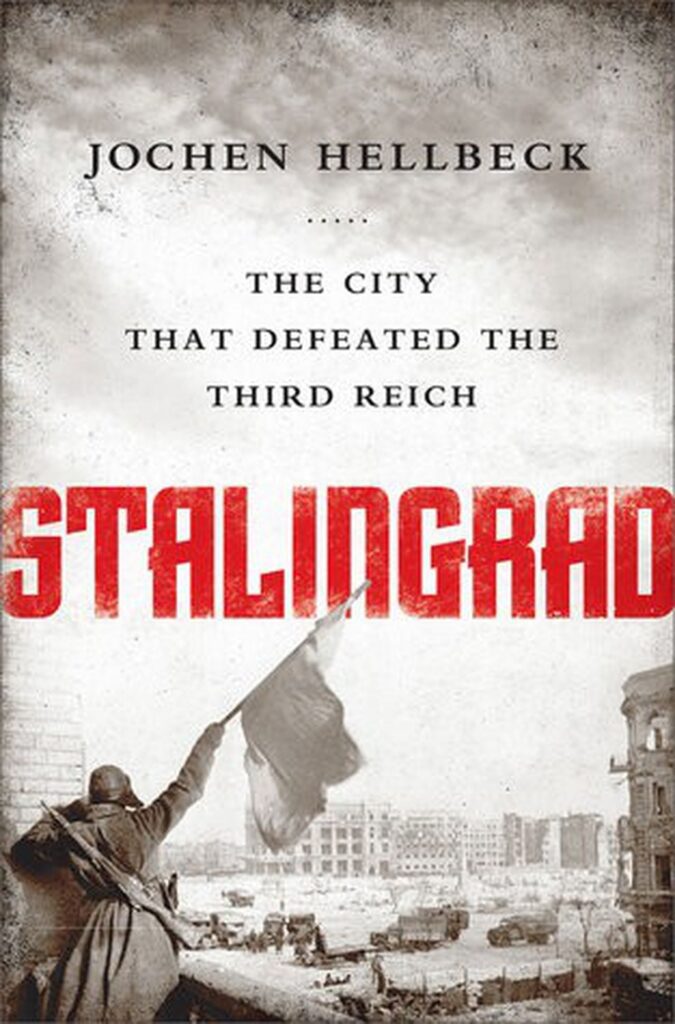The Battle of Stalingrad, fought between August 23, 1942 and February 2, 1943, is considered a pivotal moment in World War II. This brutal conflict on the Eastern Front marked a turning point in the war, ultimately leading to the Allied victory. Stalingrad, now Volgograd, was a crucial city in the Soviet Union and a key target for German forces. The fierce defense by the Soviet army, supported by the Allies, gradually turned the tide against the German invaders. The victory at Stalingrad was a significant blow to the German army and paved the way for the Soviet Union to play a leading role in defeating Nazi Germany.
The Battle of Stalingrad: Turning the Tide of World War II
The Battle of Stalingrad is widely regarded as one of the most crucial battles of World War II. Fought between August 23, 1942 and February 2, 1943, this brutal and bloody conflict marked a turning point in the war on the Eastern Front. The outcome of the battle had far-reaching consequences and ultimately paved the way for the Allied victory in World War II.
Background
Stalingrad, now known as Volgograd, was a key industrial city in the Soviet Union and a major hub for transportation and communication. The city’s strategic importance made it a prime target for German forces, who launched a massive invasion of the Soviet Union in June 1941. By the summer of 1942, German forces had advanced deep into Soviet territory and were poised to strike at Stalingrad.
The Battle
The Battle of Stalingrad began in late August 1942, when German forces launched a fierce assault on the city. The fighting was intense and brutal, with both sides suffering heavy casualties. The Soviet army, under the leadership of General Georgy Zhukov, put up a fierce defense of the city, refusing to give an inch of ground to the German invaders.
As the battle raged on, the Soviet army received crucial support from the Allied forces, who supplied them with much-needed weapons, ammunition, and supplies. This support proved vital in turning the tide of the battle in favor of the Soviets.
The Turning Point
By the fall of 1942, it became clear that the German forces were unable to capture Stalingrad. The harsh Russian winter and the relentless Soviet resistance had taken their toll on the German army, which was ill-equipped to deal with the brutal conditions of the Eastern Front. In January 1943, the Soviet army launched a massive counter-offensive, encircling the German forces in Stalingrad and cutting off their supply lines.
After months of bitter fighting, the German forces finally surrendered on February 2, 1943. The victory at Stalingrad was a turning point in the war, signaling the beginning of the end for the German army on the Eastern Front. The Soviet Union had dealt a crushing blow to the German war machine and had shown the world that they were a force to be reckoned with.
Legacy
The Battle of Stalingrad had a profound impact on the course of World War II. It marked the first major defeat of the German army in the war and gave a much-needed morale boost to the Allied forces. The victory at Stalingrad also paved the way for the Soviet Union to take a leading role in the war effort, ultimately playing a crucial role in the defeat of Nazi Germany.
Today, the Battle of Stalingrad is remembered as one of the most significant and decisive battles of World War II. It serves as a reminder of the bravery and sacrifice of the soldiers who fought and died in defense of Stalingrad, and as a testament to the resilience of the human spirit in the face of overwhelming odds.
